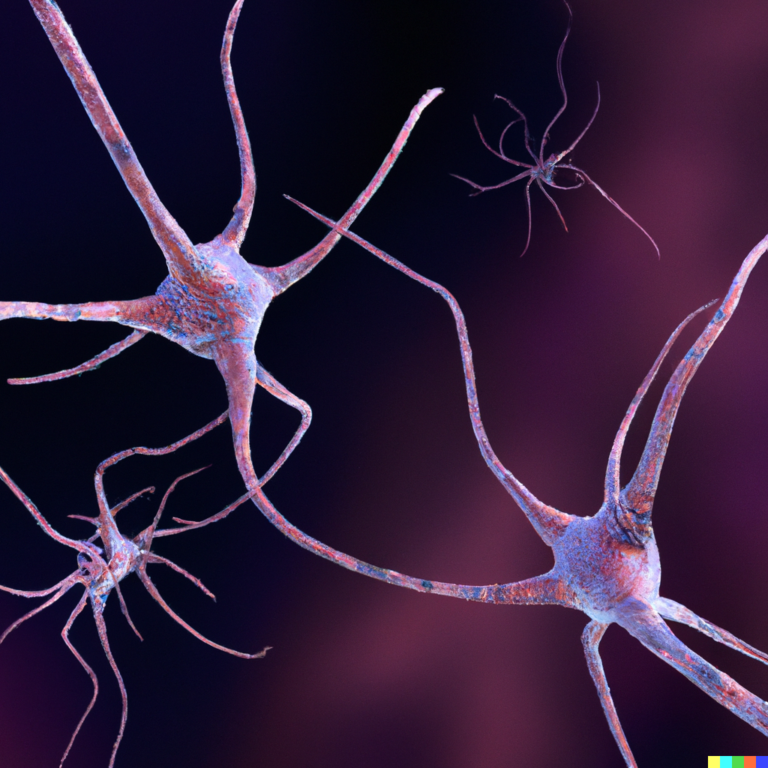A cardiac MRI scan contains **no ionizing radiation** at all. Unlike X-rays or CT scans, which use ionizing radiation to create images, MRI (Magnetic Resonance Imaging) relies on strong magnetic fields and radio waves to produce detailed pictures of the heart and surrounding tissues. This fundamental difference means that cardiac MRI is considered a radiation-free imaging technique.
To understand why cardiac MRI involves no radiation, it helps to know how MRI works. MRI machines generate a powerful magnetic field that aligns the protons in your body’s hydrogen atoms. Then, radiofrequency pulses are sent through the body, temporarily disturbing this alignment. When the protons return to their original state, they emit signals that are detected and converted into images by the MRI scanner. Since this process uses magnetic fields and radio waves, which are non-ionizing forms of energy, there is no exposure to harmful ionizing radiation during the scan.
This absence of ionizing radiation is particularly important in cardiac imaging because the heart is a vital organ that often requires repeated imaging for diagnosis and monitoring. Using MRI reduces the risk associated with cumulative radiation exposure, which can be a concern with other imaging modalities like CT scans or nuclear medicine tests that do involve ionizing radiation.
In contrast, other cardiac imaging techniques such as coronary computed tomography angiography (CCTA) or invasive coronary angiography do involve ionizing radiation. For example, CT scans expose patients to doses of radiation that, while generally low, are still significant enough to warrant caution, especially in younger patients or those needing multiple scans over time. The radiation dose from a typical chest CT scan can be in the range of a few millisieverts (mSv), which is many times higher than the natural background radiation we receive annually. This exposure carries a small but measurable risk of radiation-induced effects, including a slight increase in lifetime cancer risk.
Because cardiac MRI avoids ionizing radiation, it is often preferred for patients who require frequent imaging or for populations more sensitive to radiation, such as children and pregnant women. Additionally, cardiac MRI provides excellent soft tissue contrast and functional information about the heart, including blood flow, tissue viability, and myocardial scarring, which can be critical for diagnosing and managing various heart conditions.
In summary, a cardiac MRI scan contains **zero ionizing radiation** because it uses magnetic fields and radio waves rather than X-rays or gamma rays. This makes it a safer option for cardiac imaging when radiation exposure is a concern, without compromising the quality and detail of the images obtained.





